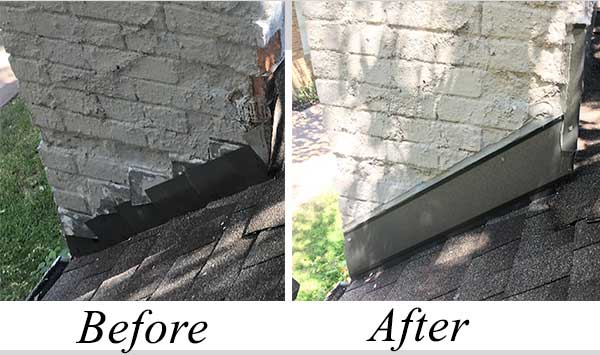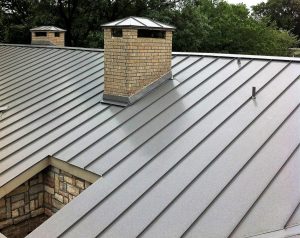Your roof keeps you secure and comfortable inside your house by acting as a silent guardian over your head and shielding you from the weather. It is the most neglected area in the house despite its crucial purpose.
Routine roof inspections are essential to ensure the longevity of your shelter and avoid expensive repairs. However, a few essential elements determine how frequently these inspections occur.
We will understand ten key factors that will help you decide how often to check your roof and enable you to proactively preserve this vital part of your house.
- Roof Age
One crucial factor to consider is the duration of your roofing. Older roofs, usually those over 20 years old, must be inspected more often. Materials decay with time, so it is essential to do routine inspections to spot wear and tear and make sure repairs are done on time.
- Weather Conditions
The amount of wear and tear on your roof is greatly influenced by the weather in your area. More regular inspections are necessary in areas vulnerable to extreme weather conditions. Check your roof as soon as possible after extreme weather to see whether these circumstances brought on any damage.
- Tree Presence
Trees close to your home can be dangerous for your roof. Falling leaves and other materials can clog gutters, causing water damage. Overhanging branches can scrape and harm the surface. If trees surround your home, you should conduct routine inspections to make sure there are no potential risks.
- Quality of Installation
The lifespan of your roof is influenced by how well it was installed initially. It is best to conduct routine checks if you have doubts regarding the installation quality. Early detection of installation issues enables you to take action before they become serious concerns.
- Material Type
Rooftop materials differ in terms of their lifespans and maintenance requirements. For instance, more regular inspections can be necessary for asphalt shingles than metal roofs. Recognize the specific requirements of the material on your roof so that you can adjust the timing of your examination.
- Local Wildlife
Some animals, such as rodents and birds, might harm your roof. They can make nests or scrape the surface. If wildlife disturbances are a problem in your area, consider conducting inspections more frequently to identify problems before they worsen.
- Ventilation and Insulation
The good health of your roof depends on proper insulation and ventilation. Inadequate ventilation can cause problems with mold development and ice dams, which can harm your roof. Regular inspections guarantee that your roof space is properly insulated and premiered, avoiding these issues.
- Maintenance History
It is sensible to evaluate your roof more often if it has previously required repairs or has experienced problems. Regular inspections can be helpful in identifying ongoing problems early on and preventing the need for major maintenance.
- Foot Traffic
Regular foot movement on a roof, including during gutter cleaning or other maintenance activities, increases the risk of damage. Check these roofs on a regular basis to look for signs of deterioration from walking on them. Routine inspections help stop little problems from getting worse since people are always around.
- Homeowner’s Proactivity
Finally, your proactive approach to roof maintenance significantly impacts the regularity of inspections. When homeowners conduct routine visual inspections with attention to detail, problems can be identified early. A precise assessment of your roof’s condition is ensured when expert examinations are combined with household checks at least once or twice a year.
Final Thoughts
These ten factors will help you determine how often you should inspect your roof. Your roof’s well-being is a shared responsibility between you and the elements it protects you from. You can change your roof inspection plan to fit your specific situation by knowing these ten elements, which will help keep your roof strong over time.




